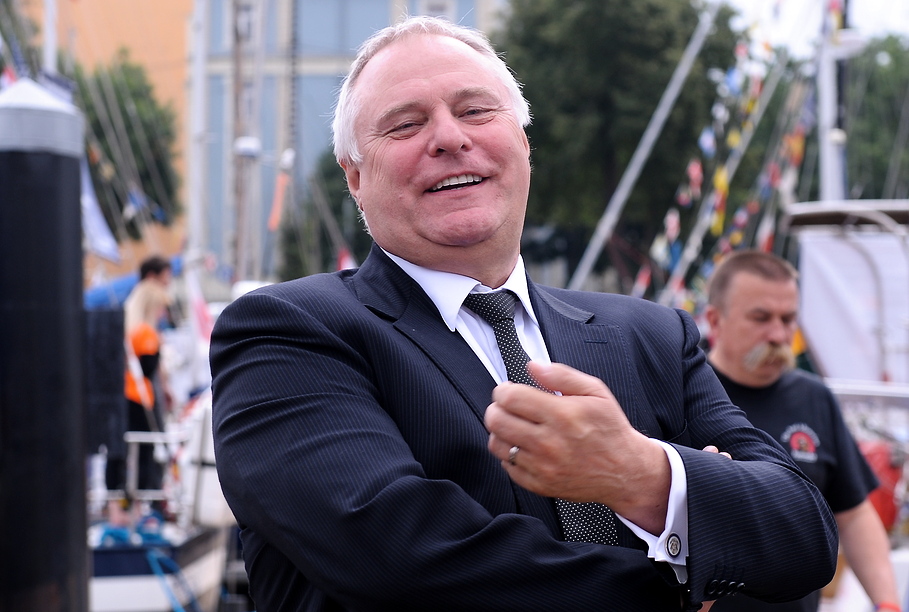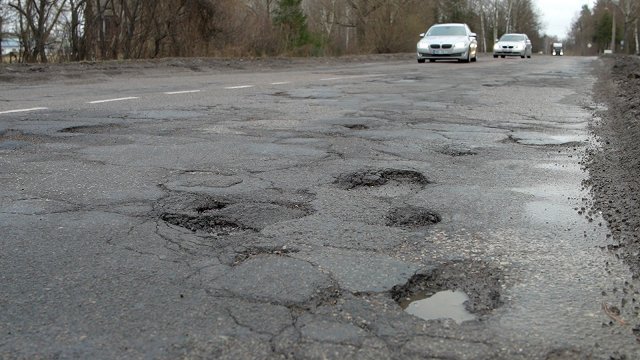An emergency meeting of the board that controls the freeport voted against dismissing Loginovs, signalling that the way in which the publicly-owned concern does its business is set to continue.
Four state-appointed members of the board voted for Loginovs to be sacked, but three municipal appointees supported him. A minimum of five members of the eight-member board are needed to enact a dismissal.
The extraordinary board meeting was called by government members of the board who claimed Loginovs was responsible for plans for the move of Freeport facilities from downtown to Krievu sala falling far behind schedule, jeopardising European Union (EU) co-financing for the project.
Loginovs has held on to the pivotal administrator’s role since 1998 seeing off several previous attempts to dislodge him.
The enormous Krievu sala project still requires agreements with stevedore companies Rīgas Centrālais Termināls and Strek, which also need to move their dry-cargo services to Krievu sala from the downtown port facility by December 2016.
The decision to move the port to the Krievu sala peninsula was taken in the summer of 2009. In 2012 the company BMGS S won a tender for the project, bidding a total of €126.22m.
The EC approved it in April 2012 as a Cohesion Fund project, providing €77m of the €148m-worth of required financing.
Then in September 2013 Finland’s Nordea Bank’s local branch and Pohjola Bank settled on a loan agreement to the Freeport of Riga for €80.2m towards completion of the project.
The project is intended to create four new multi-functional dry-goods cargo loading stations stretching a length of 1180 meters, although original plans had called for eight such facilities altogether.
Loginovs, believed to be one of the country's wealthiest individuals, has controlled the Riga Freeport since 1998.
In November 2013 the World Bank issued a report on Latvia's freeports, which are a source of considerable personal wealth for those controlling them.
The report called on the Latvian government to improve the transparency of port operations by relatively simple measures such as making the ports publish annual reports in the public domain and undergo regular audits.
"Ports can improve their perception by both the public and investors by adopting practices aimed at strengthening transparency, including by providing a full response to the recent findings of the State Auditor’s Office concerning the port of Riga, carrying out and publishing external financial audits on an annual basis, and implementing a positive disclosure policy," the World Bank report, which was delivered to the Transport Ministry, said at the time.
According to partial financial statements by the Riga Freeport, in 2013 it had total assets and liabilities of LVL 239m (€340m) and made a surplus of LVL 6.7m (€9.5m).
In the first eight months of 2014 the freeport handled 26.66 million tons of goods, an increase of 14.2% over the corresponding period of the previous year.






























